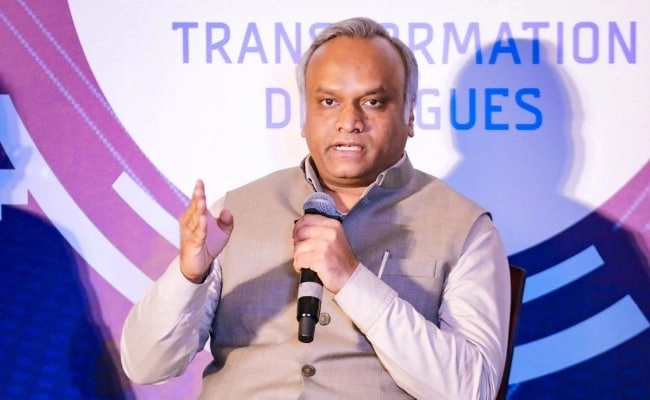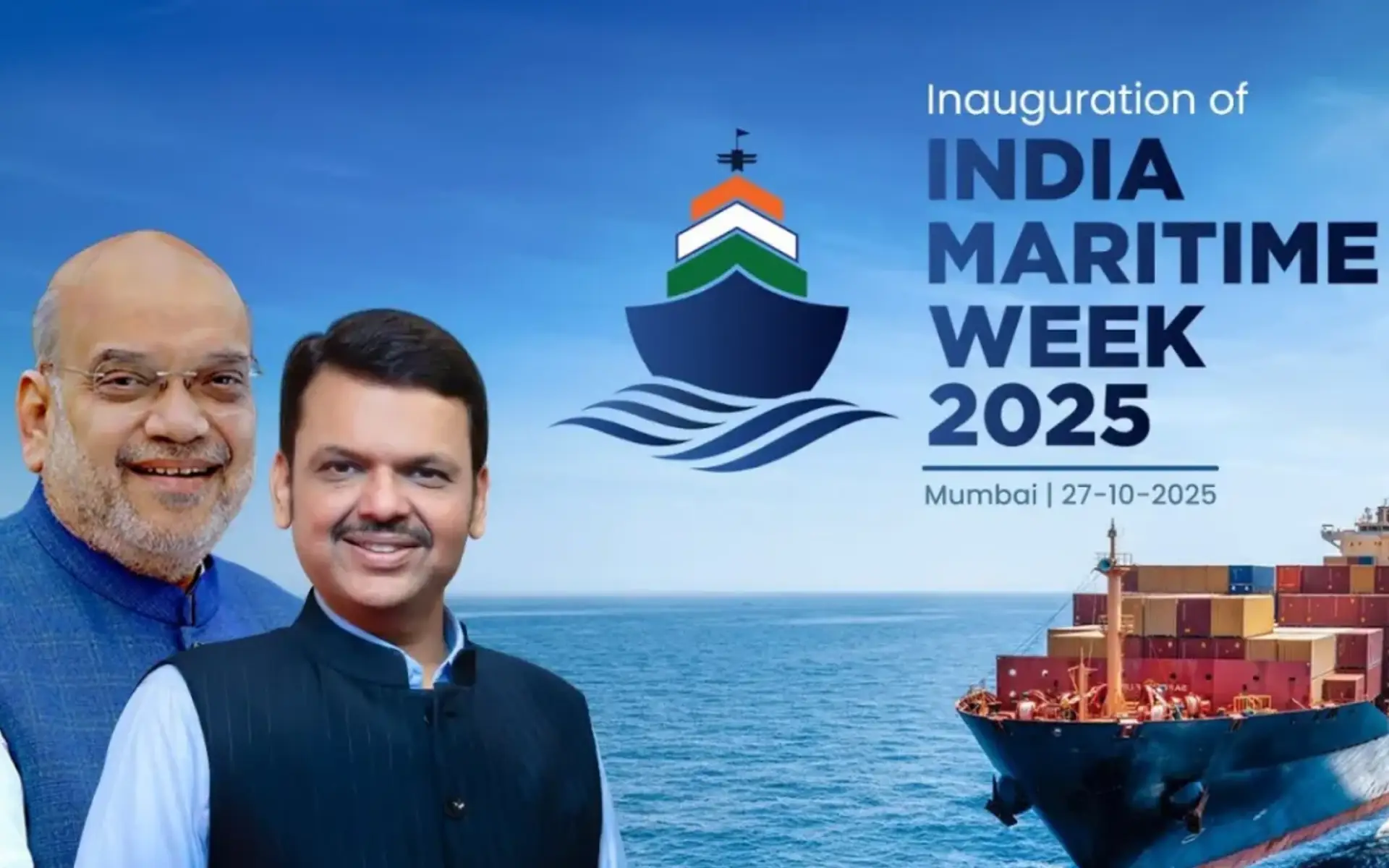Priyank Kharge, a prominent political figure, recently made headlines with his sharp remarks following the Centre’s approval for his travel to the United States. His comments, particularly the term “U-Turn,” highlight a sense of irony and perhaps frustration regarding the political maneuvers that often characterize the relationship between state and central governance. Kharge’s statement reflects a broader sentiment among political leaders who navigate the complexities of approval processes that can sometimes appear contradictory or opportunistic.
The approval for Kharge’s travel comes amidst a backdrop of ongoing political debates and discussions about governance, accountability, and transparency. As a member of the opposition, Kharge’s travels and engagements abroad are often scrutinized, especially when they intersect with significant national issues. His pointed remarks suggest a deeper critique of the central government’s decision-making processes, implying that they often shift in response to political pressure or public sentiment, leading to what he describes as a “U-Turn.” This phrase encapsulates the perceived inconsistency in policies and decisions that can arise in the political arena.
Furthermore, Kharge’s comment serves as a reminder of the challenges faced by political leaders in the current climate, where travel and international engagement are not merely personal endeavors but are laden with political implications. The ability to travel freely can be seen as a measure of political legitimacy and influence, and Kharge’s situation underscores the intricate dance between individual aspirations and the broader political landscape. As he prepares for his trip to the US, the implications of his journey will likely extend beyond personal growth, potentially influencing how opposition leaders are perceived both domestically and internationally.
In essence, Priyank Kharge’s “U-Turn” jibe is not just a critique of the Centre’s approval process but also a commentary on the evolving dynamics of Indian politics. It reflects the ongoing tensions between political parties and the challenges of navigating a complex governance landscape, where every decision can have far-reaching consequences. His remarks may resonate with many who feel that political decisions often lack transparency and consistency, prompting a call for more accountable governance that truly represents the interests of the people. As Kharge embarks on his journey, the political discourse surrounding his travel will likely continue to unfold, highlighting the interplay between politics and personal aspiration in contemporary India.




